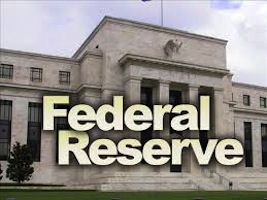The Trans-Pacifc Partnership (TPP) Agreement, recently agreed to by twelve Pacifc Rim countries led by the United States,1 promises to ease many restrictions on cross-border transactions…

Gross domestic product

The Federal Reserve operates the largest printing press on the planet. It seeks to hire the most qualified people to address current economic conditions and…

Trend forecaster Gerald Celente lays it on the table, dissecting why the bounce back in markets the last few days is bunk. After equity markets…

Russia's economic crisis is so bad that President Vladimir Putin is now hoping to sell stakes in some of the nation's most prized businesses to…

Consumer Spending Myth It is widely believed that consumer spending accounts for approximately two-thirds of the economy. A few of us dispute that claim. Reader…

One of the major purported selling points for the Trans-Pacific Partnership (TPP) is a supposed increase in new jobs as a result of the controversial…

There will be more plastic than fish in the ocean by 2050, warned the Ellen MacArthur Foundation in a report published Tuesday. The report, The New Plastics…

For anyone who still has doubts, the European Union was not really motivated by the twin desires of ending warfare on the continent of Europe and promoting…
Economic forecasters exist to make astrologers look good, but I’ll hazard a guess. I expect the U.S. economy to sputter in 2016. That’s because the…

Did you know that there are 5 “too big to fail” banks in the United States that eachhave exposure to derivatives contracts that is in excess…

Introduction Top events in 2015 that shaped the world and are very likely to continue doing so include the economic slowdown not just in China…

The IMF is the leading international monetary agency whose public purpose is to maintain the stability of the global financial system through loans linked to proposals designed…
